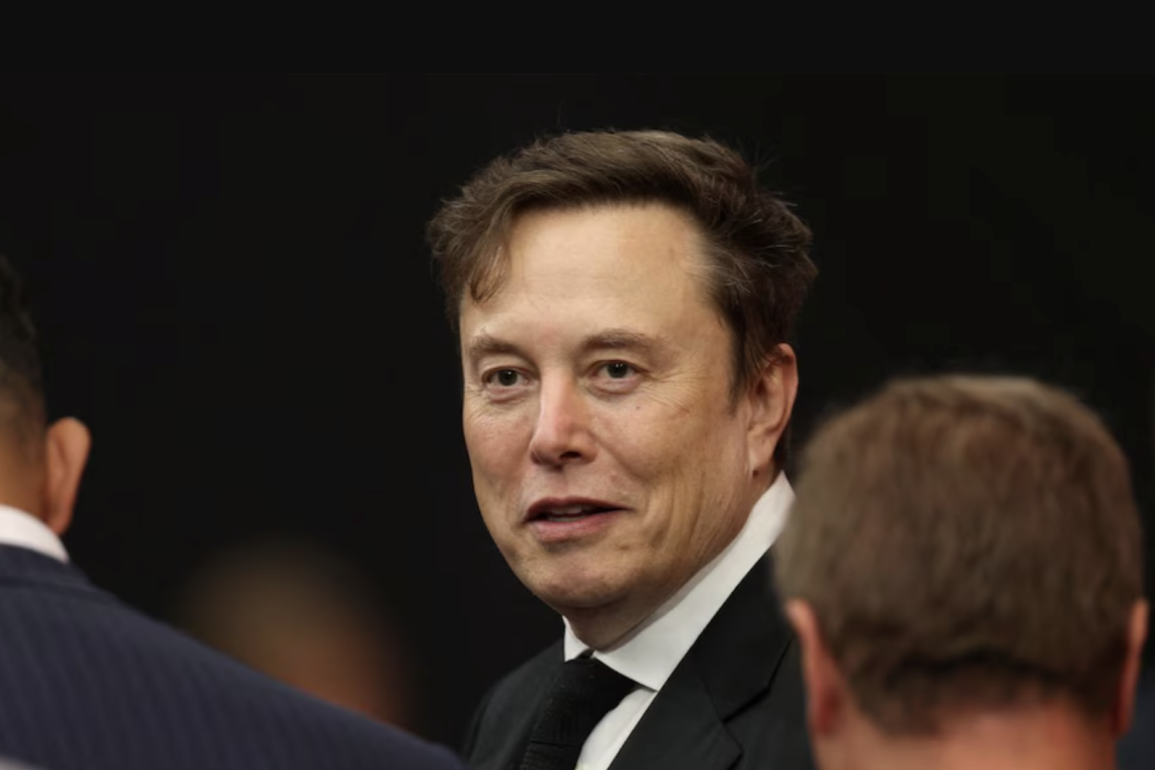Elon Musk has a new target in his long-running war against institutions he considers “woke”: Wikipedia. The billionaire says his xAI startup is building an online encyclopedia called Grokipedia that he promises will be a “massive improvement” over the free, volunteer-driven site.
For two decades, Wikipedia has been sustained by millions of volunteers editing and debating what constitutes truth. Elon Musk believes his AI chatbot, Grok, can do it better. By promising to rewrite history pages, weed out bias, and add context, Grokipedia aims to be a “massive improvement” on the free encyclopedia. But questions remain on whether replacing human consensus with machine inference will lead to accuracy, or simply magnify misinformation
It’s not the first time Musk has taken aim. He has repeatedly accused Wikipedia of bias, once even suggesting it be “defunded,” despite the fact that the site has always run on donations. Earlier this year, he railed at Wikipedia editors for adding an entry about him allegedly making a Nazi-like salute at a Trump inauguration event.
Now, Musk insists he can build something better. To power Grokipedia, he plans to deploy Grok, the chatbot he created as his alternative to ChatGPT. “Grok is using heavy amounts of inference compute to look at, as an example, a Wikipedia page, what is true, partially true, or false, or missing in this page,” he said on a podcast this month. “Now rewrite the page to correct, remove the falsehoods, correct the half-truths, and add the missing context.”
Musk’s battle with Wikipedia is more than a personal feud. It’s part of his broader ambition to remake the internet in his image, from Twitter to AI. Grokipedia, his proposed answer to what he sees as a “woke” encyclopedia, would rely on algorithms rather than community editors to decide what’s true. Yet the very AI Musk champions has already stumbled, once praising Hitler, raising doubts about whether it can be trusted with the web’s knowledge.
The claim is striking, especially given Grok’s checkered record. The chatbot has been caught producing errors and, more alarmingly, once praised Hitler. It is not obvious that the technology is up to the task of replacing the work of thousands of human editors who spend their free time correcting and debating Wikipedia entries.
Wikipedia, for all its flaws and occasional internal feuds, remains one of the most trusted sources of public information on the internet. It is also resilient: the site is the seventh-most visited in the world. Critics say Musk underestimates the strength of a community model built on transparency and open debate. Jimmy Wales, Wikipedia’s founder, has been particularly blunt, arguing that the encyclopedia has focused relentlessly on accuracy while Musk’s own platform, X, has become “overrun by trolls and lunatics.”
There’s also the question of motive. Musk’s tweet announcing Grokipedia didn’t include a launch date, but it did land well with his supporters and right-wing pundits who accuse Wikipedia of liberal bias. That suggests this project may be as much about politics and culture wars as it is about improving knowledge-sharing online.
And then there’s the track record. Musk has made other grand declarations about challenging incumbents: last month, he floated “Macrohard,” a supposed rival to Microsoft, also powered by AI. As with Grokipedia, details were thin.
At stake in Musk’s Grokipedia project is more than just a rivalry with Wikipedia. It is a test of whether artificial intelligence can, or should, replace collective human judgment in curating knowledge. Musk argues his AI can strip away bias and falsehoods; critics counter that it could collapse under the weight of its own flaws, from hallucinations to ideological skew. The experiment may determine how future generations consume truth itself
Disrupting Wikipedia won’t be easy, and perhaps that’s the point. The $500 billion dollar man thrives on the announcement itself, the spectacle of going after one of the web’s last true public goods.
Whether Grokipedia ever materializes or not, Musk has tapped into a deep anxiety about who gets to decide what counts as truth online.
Wikipedia, with all its messy debates and volunteer oversight, represents one vision: flawed but collective. Grokipedia would embody another: knowledge curated by a single billionaire and filtered through the judgment of a machine. The outcome of that contest may shape not only the future of encyclopedias, but the boundaries of truth in the digital age.




